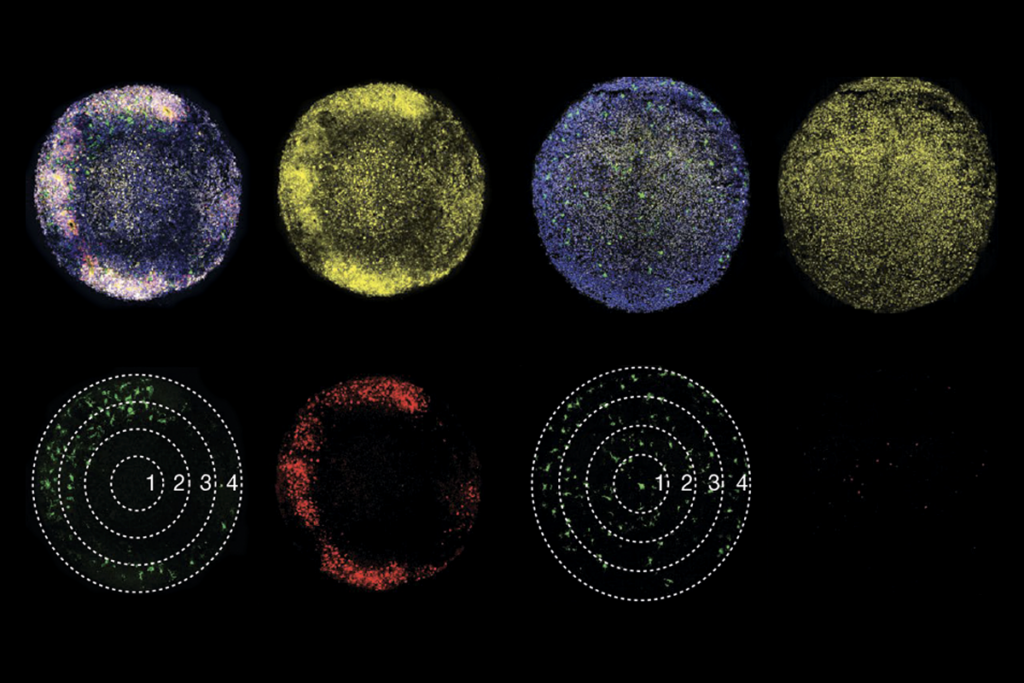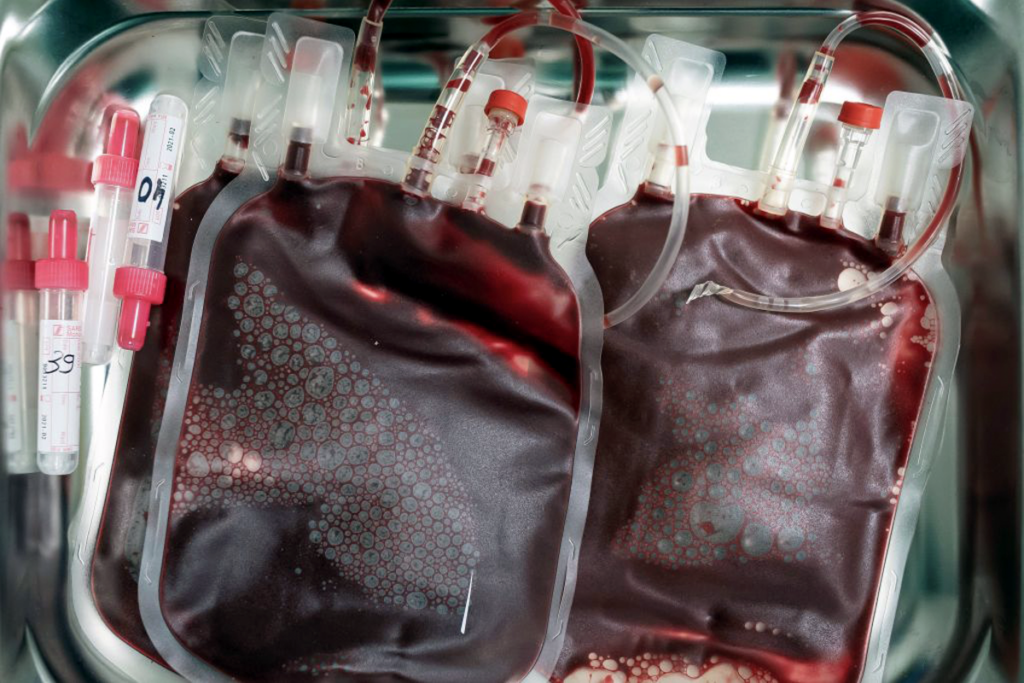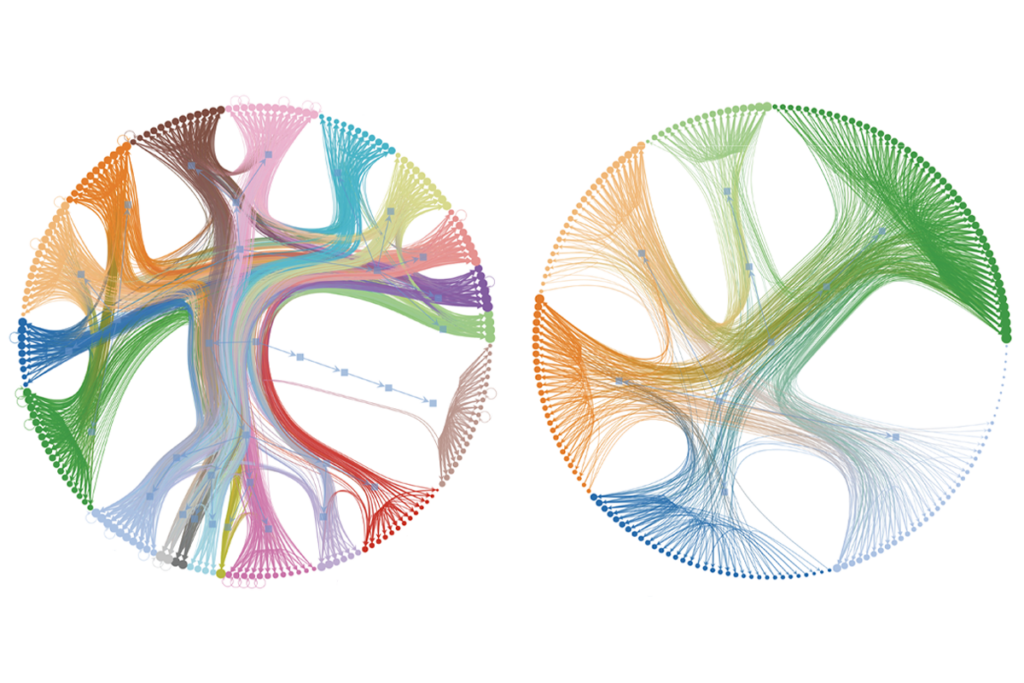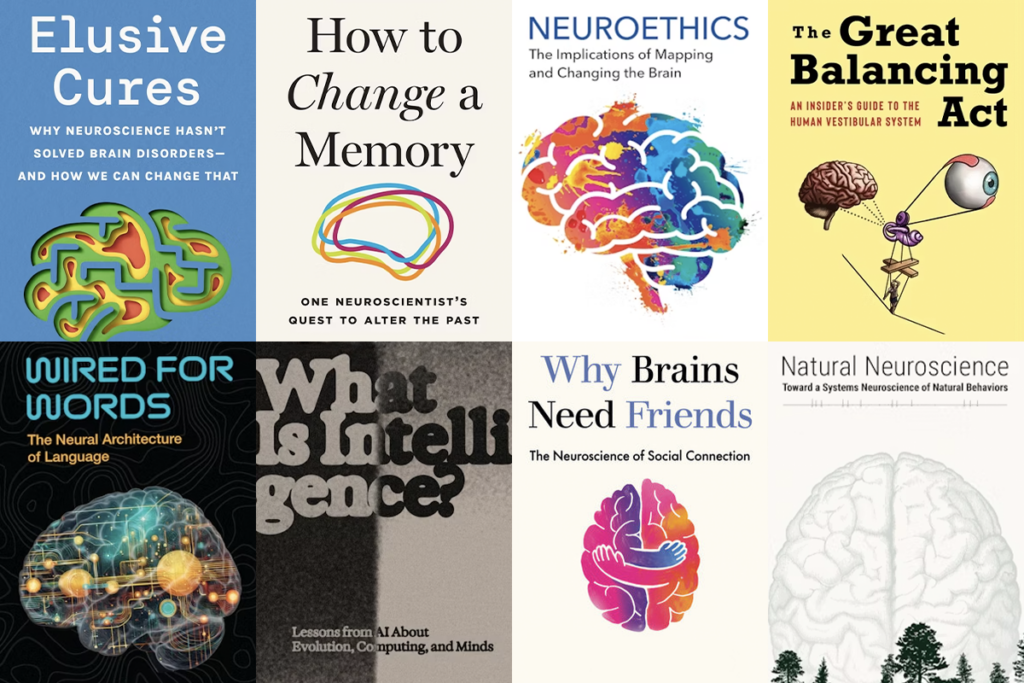Research roundup
- Propagation of cortical activity follows a hierarchy, which becomes more top-down than bottom-up as young people mature. Neuron
- Autistic children in the United States tend to have underlying conditions that put them at increased risk of severe illness from COVID-19. Autism
- Nearly half of clinical trials funded by the U.S. National Institutes of Health that involve children fail to submit trial results to ClinicalTrials.gov within a four-year period after the funding ends, according to a database review. JAMA
- Synaptic vesicle recycling is disrupted in the hippocampus in rats missing the gene CDKL5, which in people causes epileptic encephalopathy. Journal of Neuroscience
- A machine-learning tool tracks the subtle behavioral signs of seizures and epilepsy drugs in mice. This same lab has developed a similar system for tracking the effects of different drugs in mice with autism-linked mutations, Spectrum previously reported. Neuron
- A telehealth system that relies on parents’ videotapes of their children’s behavior to screen for autism shows good predictive reliability, a new study suggests. Spectrum wrote about the promise of telehealth for diagnosing autism in February. Journal of Autism and Developmental Disorders
- Immature cortical astrocytes integrate and develop typical features and connections in the developing cortex of young mice, but not in the developing cerebellum or mature cortex. Journal of Neuroscience
- Genetic variants linked to epilepsy share much overlap with those tied to a suite of psychiatric conditions, including autism and attention-deficit/hyperactivity disorder. Brain
- Deletion size in the 22q13 chromosomal region affects the clinical features of Phelan-McDermid syndrome; many of the region’s genes, including SHANK3, are associated with neurodevelopmental conditions and epilepsy. European Journal of Medical Genetics
- Researchers have developed a technique for recording brain activity from freely moving octopuses. Spectrum has reported on using these unusual animals in autism research. Current Biology
 Good enough: A portable MRI scanner (left) shows the same hemorrhage as a conventional machine (right).
Good enough: A portable MRI scanner (left) shows the same hemorrhage as a conventional machine (right). - Monkeys’ sensory representations in the lateral intraparietal area of their brains differ depending on the tasks the animals were previously trained to perform. Nature Communications
- Autistic people who are lesbian, gay, bisexual, transgender or queer are more likely than autistic people who are cisgender and straight to have co-occurring health conditions and unmet health needs, according to a small study. Autism in Adulthood
- Autistic people who were diagnosed in adulthood have nuanced and sometimes conflicting views about genetic research on autism, according to a preprint. PsyArXiv
Science and society
- Gabriele Lignani of University College London has won the Michael Prize, which recognizes young researchers in epilepsy research. Spectrum covered Lignani’s work in January. University College London
- The journal Nature has committed to publishing registered reports — studies that have passed peer review of their research questions and methods before experiments are done. Nature
- The Federation of American Societies of Experimental Biology and the U.S. National Institutes of Health have joined forces to create the DataWorks! Prize to recognize excellence in data-sharing by researchers. FASEB.org
- A portable magnetic resonance imaging scanner called the Swoop enables doctors to capture low-resolution images at the bedside. Science
- An autistic professor of sociology of education is the youngest Black faculty member ever at the University of Cambridge in England. Essence
- The U.S. National Science Foundation is considering a new way for grant review panels to encourage unconventional research ideas: Individual reviewers can veto a panel decision on funding. Nature
- A group of employers known as the Health Transformation Alliance intends to offer Canvas Dx, the first diagnostic device to earn U.S. Food and Drug Administration authorization, to its members. Spectrum covered concerns about the tool in 2021. Cision
- Although an association between acetaminophen use during pregnancy and having an autistic child has been noted in some studies, there is not sufficient evidence to support a causal relationship. Spectrum reported on the link most recently in 2019. FactCheck.org




